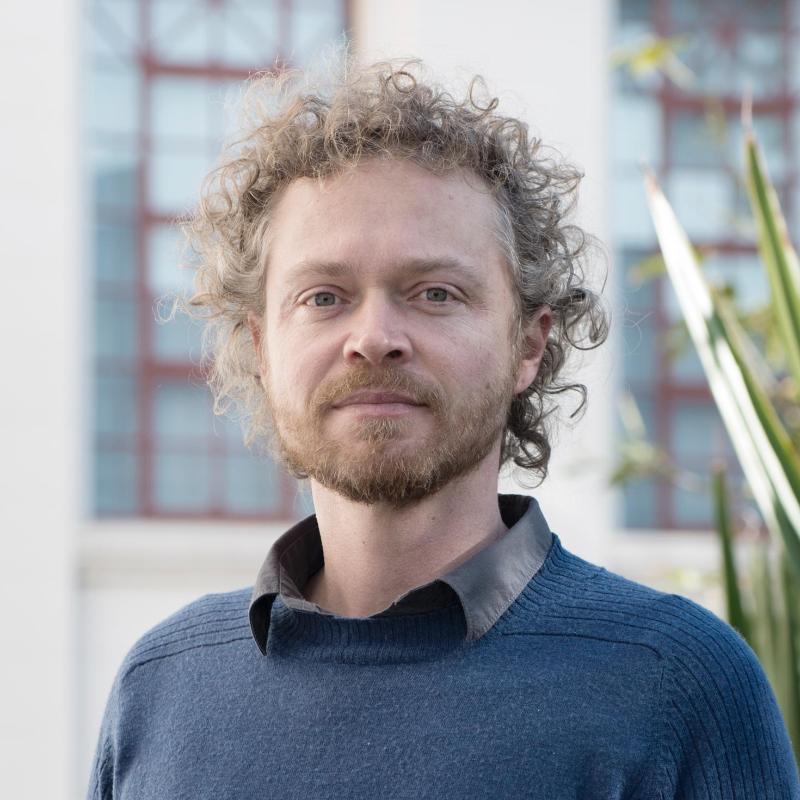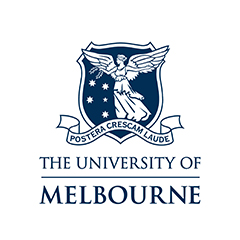
The need for the Centre is based on the premise that in Australia and around the world, biodiversity and environmental problems have not been property formulated and that mistakes have been made in allocating scarce resources. Despite the planet facing the sixth mass extinction of species, most conservation management is not evaluated or efficient. CEED is providing international leadership in tackling complex problems of environmental management and monitoring in an uncertain world.
Individually our key researchers are recognised as global leaders in environmental science. CEED has drawn together this expertise to produce a highly collaborative and interdisciplinary Centre, with a complement of over 100 researchers including our chief investigators, partner investigators, Post-Doctoral Fellows and senior researchers, and PhD students.
Socio/Ecological Analysis and Modelling
This theme recognises that environmental management is, by definition, a social and political process, so responses to environmental problems must focus at least in part on human behaviour and social preferences.
The research encompasses:
1. Integrating human responses to climate change into conservation planning, developing an integrated decision framework.
2. Reconciling the triple bottom line of social equity, economic return, and environmental benefits in conservation decision making.
3. Modelling the social dimensions of market based instruments for biodiversity conservation; and
4. Evaluating environmental research and it's accountability
This theme studies and evaluates the effectiveness of environmental management actions, such as establishing protected areas, habitat and ecosystem restoration at a landscape scale and marine zoning. The work has ranged from the global and continental to local scales. Working across scales, we explore the implications of policy and management options for biodiversity and other ecosystem and environmental processes, such as water and carbon balances.














RMIT University acknowledges the people of the Woi wurrung and Boon wurrung language groups of the eastern Kulin Nation on whose unceded lands we conduct the business of the University. RMIT University respectfully acknowledges their Ancestors and Elders, past and present. RMIT also acknowledges the Traditional Custodians and their Ancestors of the lands and waters across Australia where we conduct our business - Artwork 'Sentient' by Hollie Johnson, Gunaikurnai and Monero Ngarigo.
More information